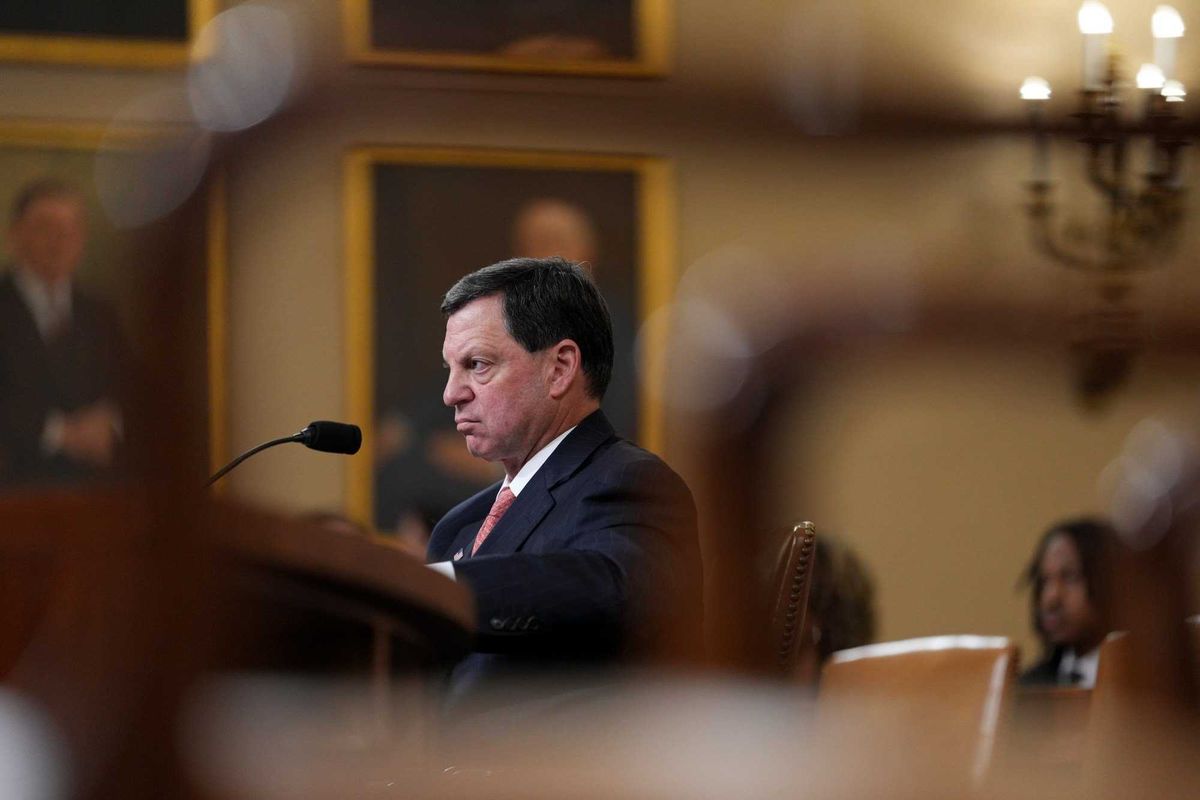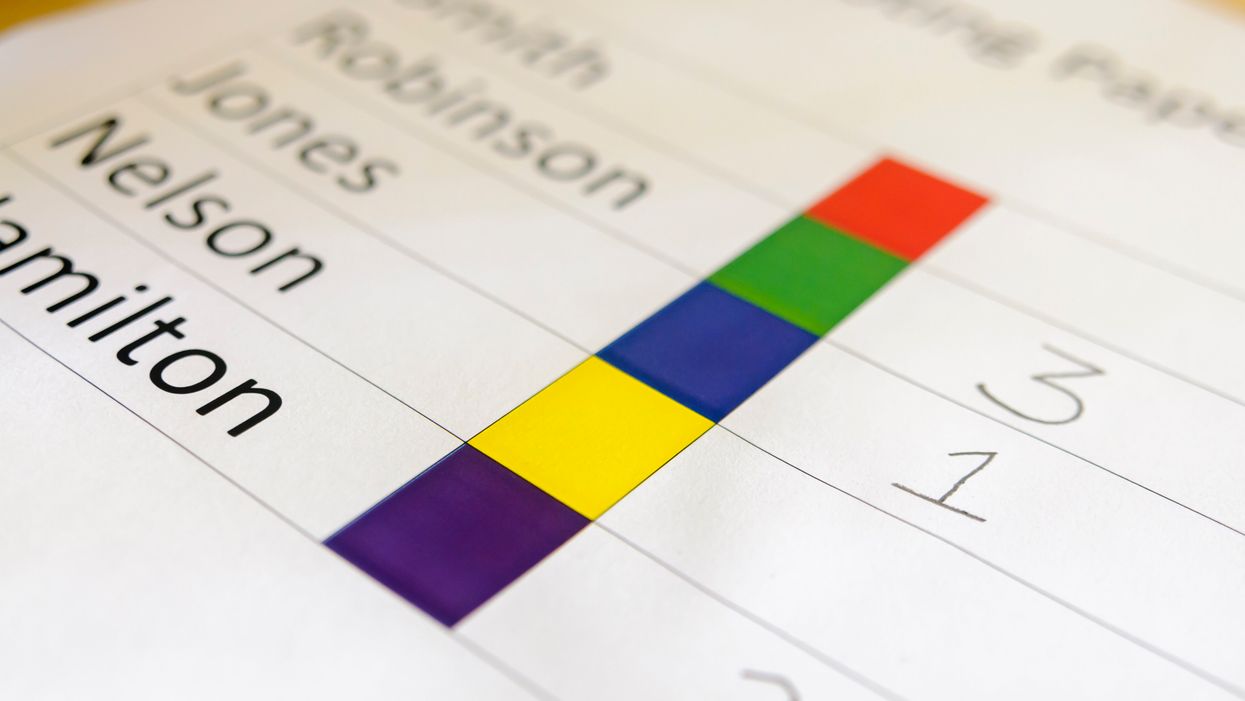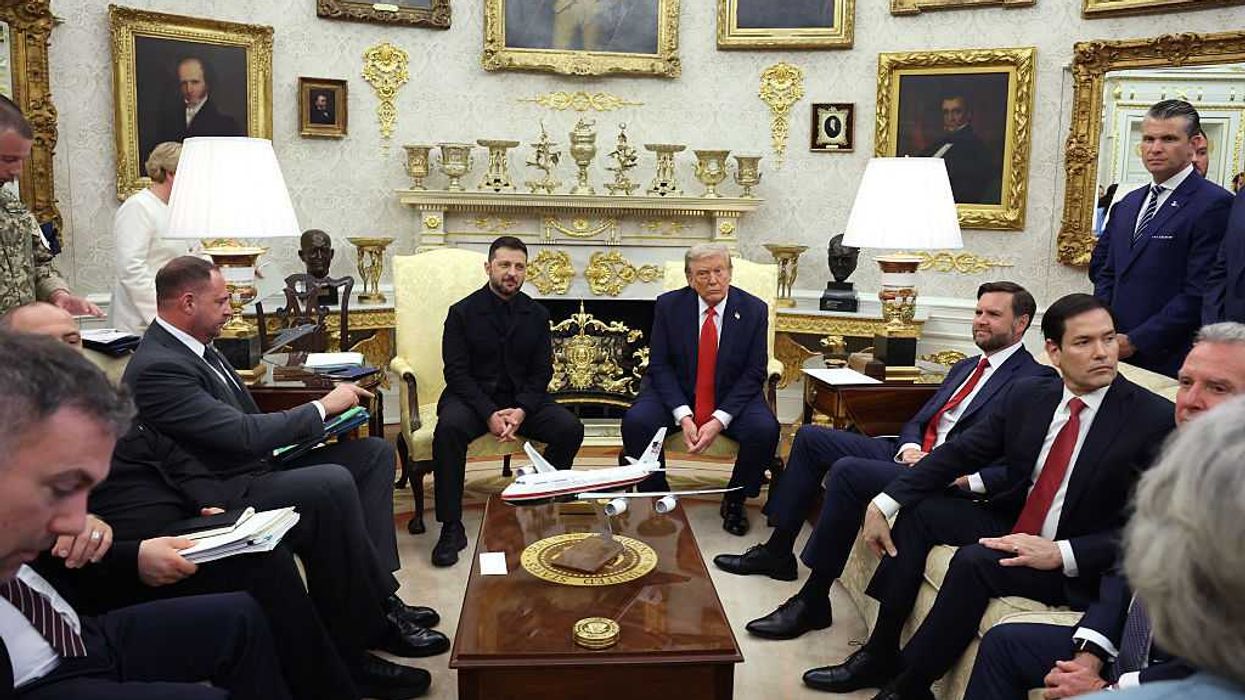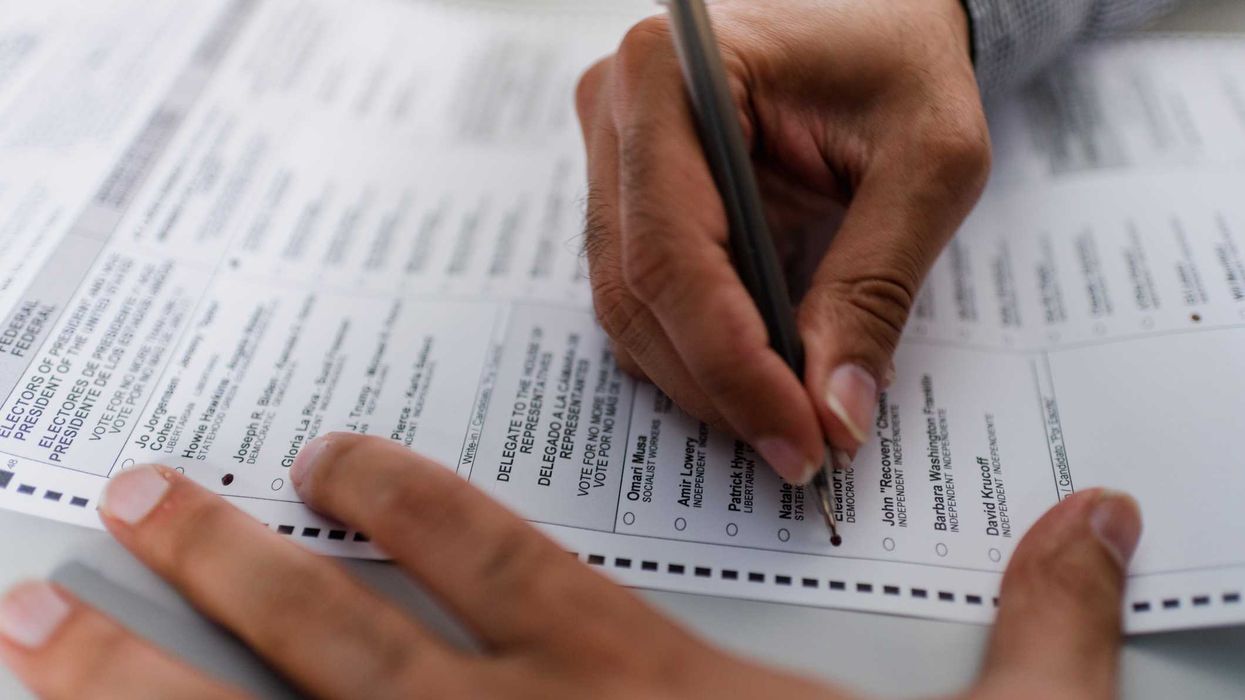Shannon is the founder of Negative.vote, which is promoting statewide ballot initiatives to allow voters to register firm opposition to one candidate in each race.
It was at a 1980 Alcoholics Anonymous meeting when someone is first recorded coining this famous aphorism: "Insanity is doing the same thing over and over and expecting different results." You may have heard a rumor that Albert Einstein said it, and that would be false.
We live in an era, though, when truth is subjective. If enough people believe a thing, it does not have to be true.
The coronavirus jumped to humans in a Wuhan seafood market. Vote-by-mail is fraudulent. Jared Kushner is a cyborg. The flu vaccine makes you susceptible to Covid-19. Hillary Clinton eats babies. All true, we've heard.
Just like the Romans reveled in gladiator games and torture, so too are our citizens addicted to conflict of their favorite untruths. Conflict is very entertaining, after all.
Our elections are the modern-day version of the Roman Colosseum. We keep the masses captivated with semi-regular clashes.
There is a 24-hour opinion industry that reaps the benefits of constant conflict coverage. Networks have devolved into de facto subsidiaries of the two major political parties.
And so, it goes. Another Black man receives unjust, extrajudicial capital punishment on our streets from a white police officer. No judge, no jury; just the death penalty, aired.
Protests turn counterproductive when antifa socialist agitators (and white supremacists pretending to be antifa) join in. Looters loot. Police shoot rubber bullets at badged media, on air. Our president openly calls for the shooting of looters. No trials or conviction required. Who needs a legal system? These ratings are gold.
We all seem to be living in a parallel universe, with time running in reverse. The 1960s are upon us and the 1860s may be on the horizon.
The root cause of all this suffering is plainly one fundamental flaw — the way we vote. A voter's voice is limited to just one thumbs-up vote, which guarantees conflict.
A one-vote system always manifests over time into a tug-of-war, or an actual war, between two major parties.
It also artificially empowers two ideological minorities to make them appear to be much larger than they really are. This is called a cramming effect. It inflates and emboldens extremists and unbalanced partisans, who then wrongly believe they represent a majority. In truth, Republicans and Democrats nowadays each represent less than 20 percent of the American electorate.
To make matters worse, some "reformers" prescribe a new way to vote, which is really the same old way in disguise. They call it ranked-choice voting — and it is yet another one-vote system.
Ranked-choice voting is spreading like a disease because Americans are desperate to try anything to fix their political system. And they are extremely gullible to disinformation that it will disrupt the two-party system. RCV will not.
That majority winner will always be from the two-party system, because multiple independent and minor party candidates must all split votes with each other.
One-vote elections fuel negative propaganda and a money-in-politics arms race — then generate plenty of close contests.
Ranked-choice elections perpetuate the two-party system, artificially inflate those parties to make one appear dominant, further empowers extreme partisans — then generate even more close red vs. blue contests
And the prospect of razor-thin margins of victory enable foreign governments to meddle in elections, exacerbate the money-in-politics arms race and cement the status quo.
RCV advocates shamelessly, and falsely, promote the opposite narrative. Here's an example of the disinformation and another below how this false claim is constantly re-spread.
Imagine for a moment that we decided criminal guilt by popular opinion. Now, I know that RCV advocates are going to say, "You can't possibly believe that crackpot Shannon fella. He's the guy that thinks we should decide guilt based on popular opinion."
To clarify, I do not think that we should resolve guilt or innocence based on popular opinion. It is just a useful mental exercise to illustrate how RCV fails.
So consider an opportunity to rank these three possible answers — President Trump, Minneapolis police officer Derek Chauvin or George Floyd himself — to the question: Who was responsible for George Floyd's death?
This presents a complex dilemma. Because the first reaction for many is surely going to be "definitely not George Floyd!"
However, RCV prohibits you from voting against any options. You may only list in order of priority the options you favor.
Under RCV's instant runoff system, the second-place finisher will get a head-to-head matchup runoff against the first-place option, with ballots with the third-place option on top getting redistributed to those voters' next choices.
What if polls indicate well above one-third support for the idea that Floyd was responsible for his own death? What if many are also likely to vote that the president was responsible?
If you wanted Floyd to "lose the election" (as I would) but believe he is not going to be eliminated in the first round, your ranking decision would be influenced by your conclusion about whether Trump or Chauvin would fare better in a head-to-head against Floyd.
Accordingly, you cannot always vote sincerely with RCV. You must vote strategically to make sure your worst outcome does not prevail.
It would be much simpler just to vote thumbs-down against our worst outcome.
Unfortunately, Americans everywhere will adopt ranked-choice voting in coming decades. Its momentum of untruth is unstoppable. It will become widely accepted before voters inevitably experience its shortcomings — and it will ultimately be repealed by voters, again. All that will cost us millions of dollars and many years of precious time.
But if Albert Einstein invented ranked-choice voting, who can be against it



















